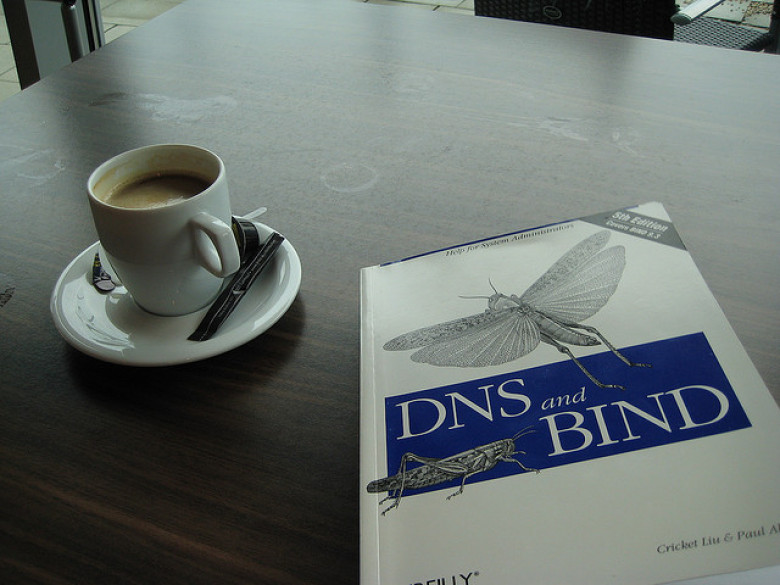DNS cache poisonings foist malware attacks on Brazilians
An attack on several Brazilian ISPs has exposed large numbers of their subscribers to malware attacks when they attempt to visit Hotmail, Gmail, and other trusted websites, security researchers have warned.
The attacks work by poisoning the domain name system cache that the service providers use to translate domain names such as google.com into internet protocol numbers such as 74.125.224.144. By replacing legitimate IP addresses with ones leading to servers controlled by attackers, the hack is causing end users to be surreptitiously directed to sites that exploit software vulnerabilities on their computers or trick them into installing malware.
“Last week, Brazil's web forums were alive with desperate cries for help from users who faced malicious redirections when trying to access websites such as YouTube, Gmail and Hotmail, as well as local market leaders including Uol, Terra and Globo,” Fabio Assolini, a researcher with antivirus provider Kaspersky Labs, wrote in a blog post published on Monday. “In all cases, users were asked to run a malicious file as soon as the website opened.”










































































